Dare to think differently, do differently
Born and raised on the banks of Thac Ba Lake, Lao Cai Province, one of the largest artificial lakes in Vietnam, stretching about 80 km and surrounded by many lakeside communes, Ms. Vu Thi Thu Phuong has been attached to the water and aquaculture since early on. But not stopping at simply fishing, she has chosen her own path, deeply processing products from lake fish, in order to preserve the full flavor of her hometown and enhance the value of local specialties.
As a Production Manager at Tam Duc General Food Business (Yen Binh Commune, Lao Cai Province), Ms. Phuong has established a closed production chain, from farming, purchasing fish to processing and bringing products to market. Products such as fish cakes, fish sausages, and fish rolls are born with the identity of the lake region, ensuring both quality and meeting food hygiene and safety standards.
Clearly identifying the goal of sustainable development, the unit has invested with several households in more than 100 fish cages on Thac Ba Lake and built a close network with natural fishing households. This model helps Tam Duc proactively source raw materials, control input and product quality effectively.
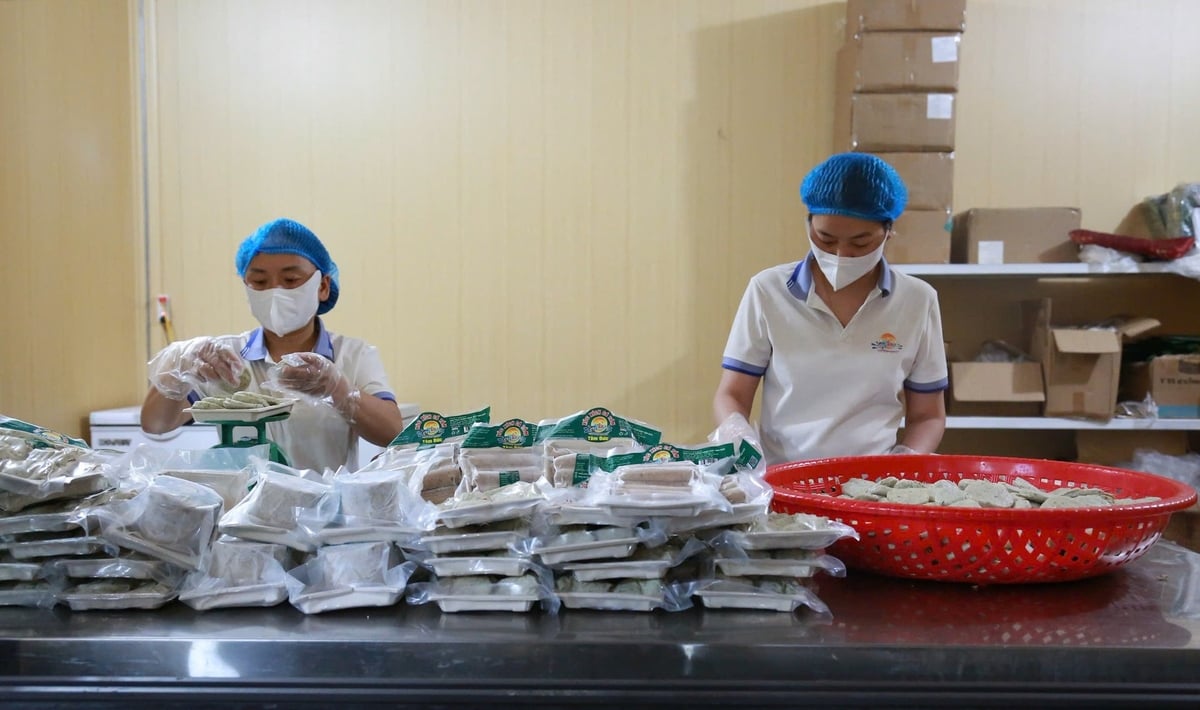
Fish cakes, fish sausages, and fish rolls have become well-known. Photo: Thanh Nga.
Abundant fish resources including natural fish such as: catfish, catfish and farmed fish such as: catfish, sturgeon not only contribute to product diversity but also help the unit maintain stability in production.
“We confidently affirm that we do not use floating materials. Every processing step is strictly monitored to ensure maximum safety for consumers,” Ms. Vu Thi Thu Phuong shared.
In addition to quality, Tam Duc Business also puts the environment at the center of its development process. Switching to biodegradable sugarcane bagasse boxes instead of foam packaging is a clear step demonstrating social responsibility.
Ms. Phuong said that this type of friendly packaging can completely decompose in the natural environment after only 4-6 months, is non-toxic when used in the freezer or microwave, contributing to protecting consumers' health and minimizing environmental pollution.
“Every time a consumer chooses a Tam Duc product, it is also a time to join hands to protect the living environment. That is what makes us feel proud and more responsible for each product we bring to the market,” Ms. Phuong added.
Peace of mind production thanks to stable output
One of the key factors contributing to the success of agricultural production chains is the participation of local people. In village 13, Yen Binh commune, Lao Cai province, Ms. Nguyen Thi Ha, a long-time fish farmer, is a clear example of the positive change when participating in the product consumption linkage model with Tam Duc General Food Business Household.
Thanks to this cooperation, not only is the product output guaranteed, but the income and life of Ms. Ha's family have also improved significantly, creating motivation for many other households to boldly participate in the sustainable chain.
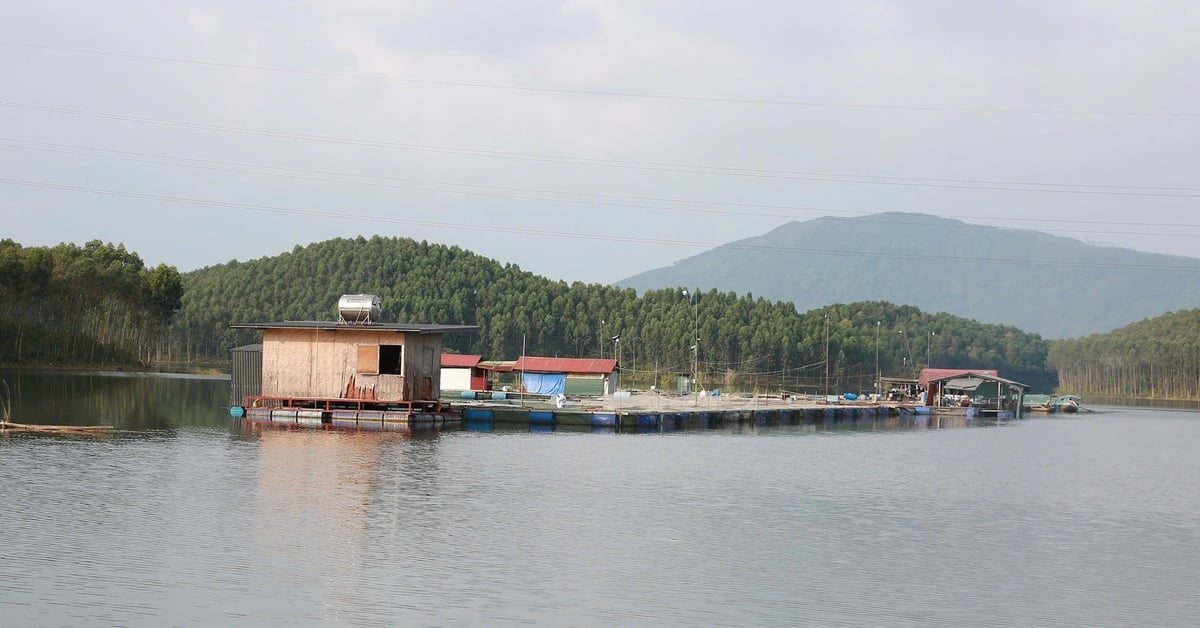
Some households raising fish on Thac Ba Lake have linked up with Tam Duc to ensure stable output. Photo: Thanh Nga.
Ms. Nguyen Thi Ha shared that participating in the model of cooperation with enterprises has helped her family feel completely secure in the production process. When I know that the fish I raise will definitely have an output, I feel secure in investing and following the correct process. Not using antibiotics, ensuring food hygiene and safety, those are mandatory things.
With more than 100 fish cages of different types, Ms. Nguyen Thi Ha applies a model of rotating fish seed release to maintain a stable supply all year round. The entire fish care process is carried out by her family in a methodical and scientific manner, from choosing food to supplementing vitamins, enhancing the fish's resistance with natural ingredients such as garlic and turmeric. This method not only helps the fish grow healthily but also contributes to improving product quality, meeting market requirements.

During the fish farming process, households always pay attention to the care process to help the fish grow healthily and ensure quality. Photo: Thanh Nga.
“I divide the fish batches according to their growth stages so that I always have a steady supply of commercial fish for the processing unit. Thanks to that, I don’t run out of stock and I’m not passive when the market fluctuates,” Ms. Ha shared.
Every month, Ms. Ha supplies the market with an average of 3 tons of fish, mainly as input for Tam Duc's processed products. Close connections with businesses help her feel completely secure in production, without worrying about prices or consumption output.
“Fish farming is no longer a gamble. I know for sure that the products will be consumed, so I can wholeheartedly expand the scale,” Ms. Ha affirmed.
Development along the value chain
Identifying aquaculture as a key economic sector, Yen Binh commune, Lao Cai province is actively implementing a value chain development strategy, in which enterprises and cooperatives play a core role. Among them, Tam Duc Business Household is a bold unit in connecting production, processing and product consumption, contributing to the formation of a sustainable and effective linkage model.
Evaluating this model, Mr. Nguyen Duy Khiem, Chairman of Yen Binh Commune People's Committee, said that when all parties from people to businesses and the government work together closely, a sustainable chain of links will be created. This effective coordination not only increases people's income but also helps local products have the opportunity to reach further and affirm their position in the market.
According to Mr. Nguyen Duy Khiem, Yen Binh commune is proactively planning to expand the aquatic raw material area, especially in the Thac Ba lake area, which is assessed to have great potential in developing the cage fish farming model. Currently, the whole commune has nearly 400 cages, with the goal of reaching over 1,000 cages in the next few years.
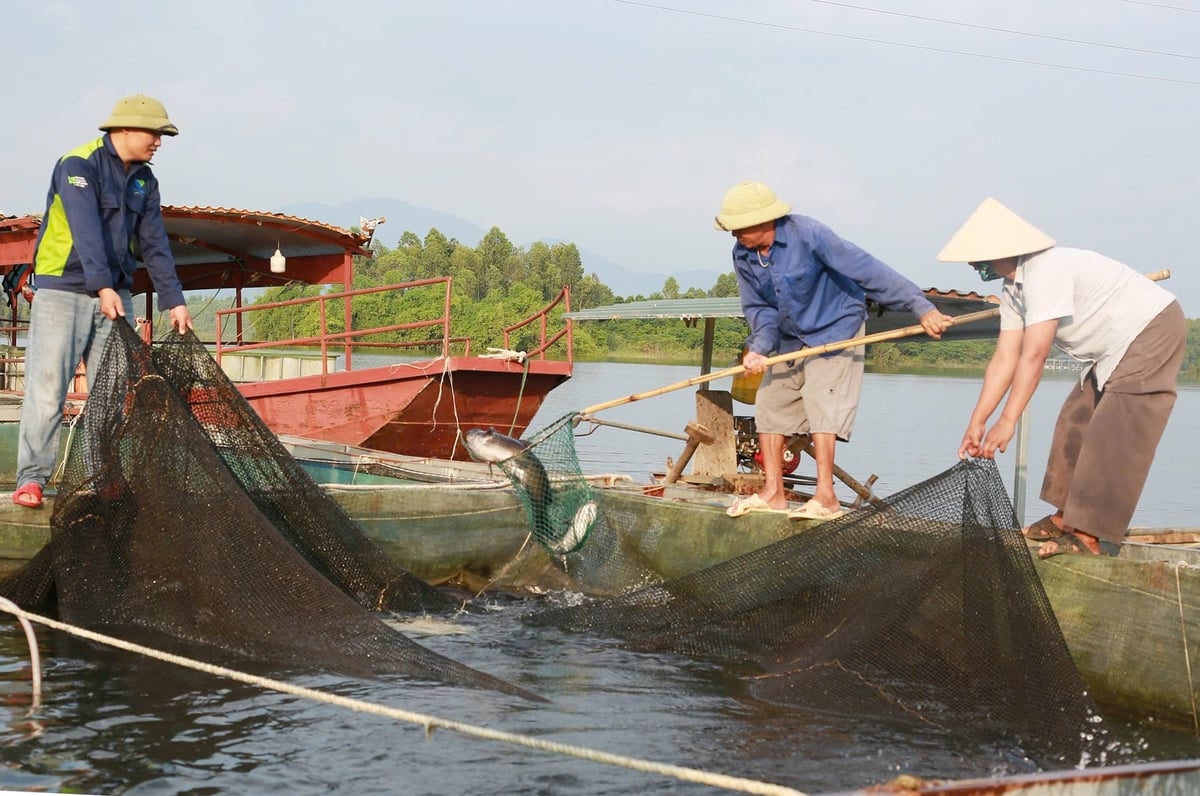
Yen Binh Commune is aiming to develop aquaculture according to the value chain. Photo: Thanh Nga.
Along with developing farming areas, the locality also aims to build feed factories and deep processing factories to increase the added value of aquatic products and increase competitiveness in the market. This is considered a key solution to promote sustainable development of the aquatic economy.
In particular, the "four-house" linkage model including: State, enterprises, scientists and farmers is being implemented by Yen Binh commune to create combined strength and optimize efficiency in production and product consumption.
“With the great potential of Thac Ba lake and close coordination between the parties, we believe that the seafood industry of Yen Binh commune will develop, contributing to increasing people's income and affirming the brand of local products,” Mr. Nguyen Duy Khiem emphasized.
Source: https://nongnghiepmoitruong.vn/lien-ket-chuoi-nang-tam-ca-ho-thac-ba-d780189.html





![[Photo] General Secretary To Lam and National Assembly Chairman Tran Thanh Man attend the 80th Anniversary of the Traditional Day of the Vietnamese Inspection Sector](https://vphoto.vietnam.vn/thumb/1200x675/vietnam/resource/IMAGE/2025/11/17/1763356362984_a2-bnd-7940-3561-jpg.webp)


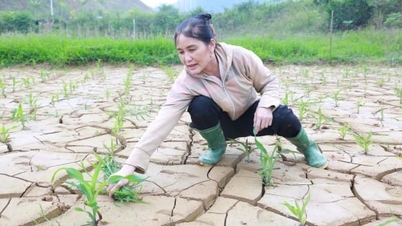
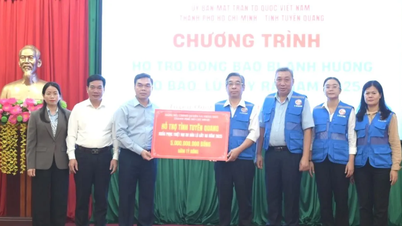

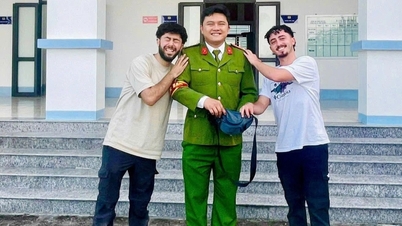

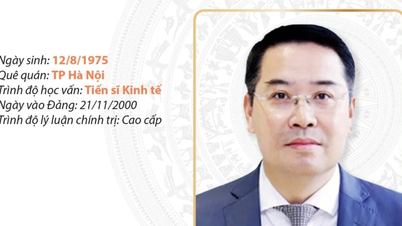



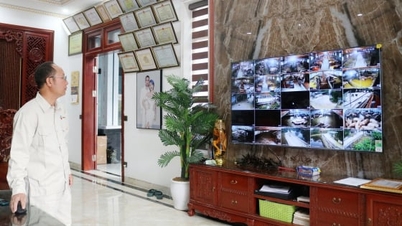


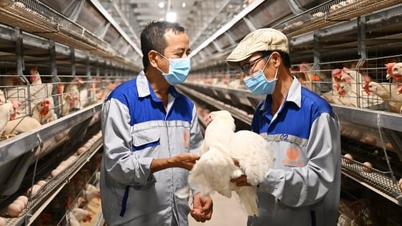
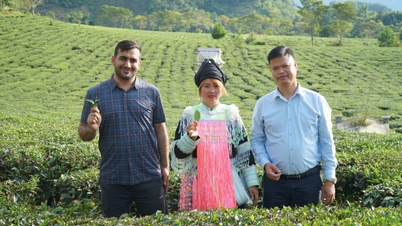
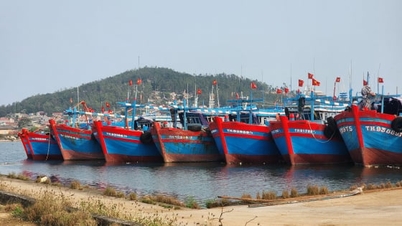
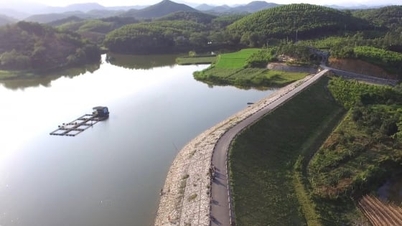




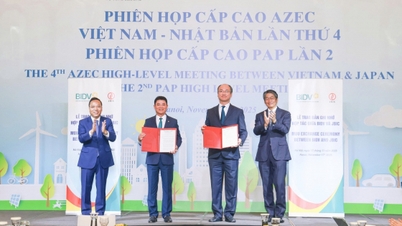


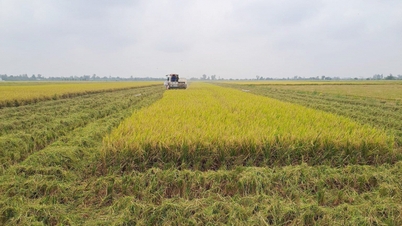
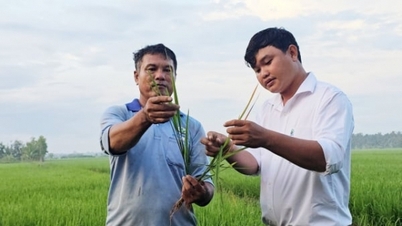



















































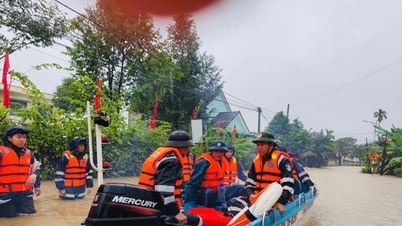
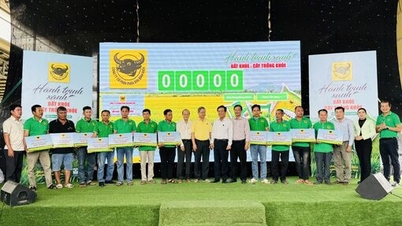

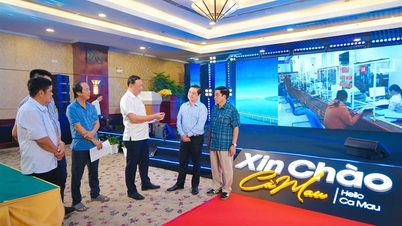
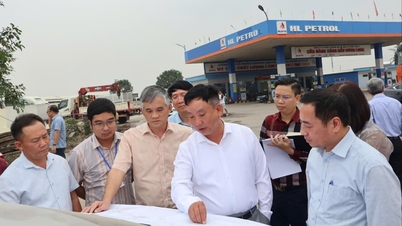

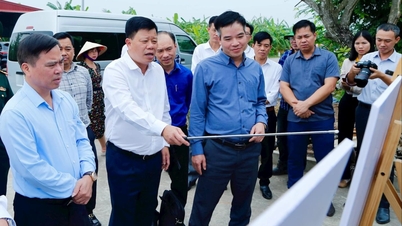
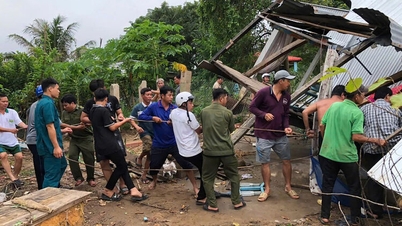














Comment (0)